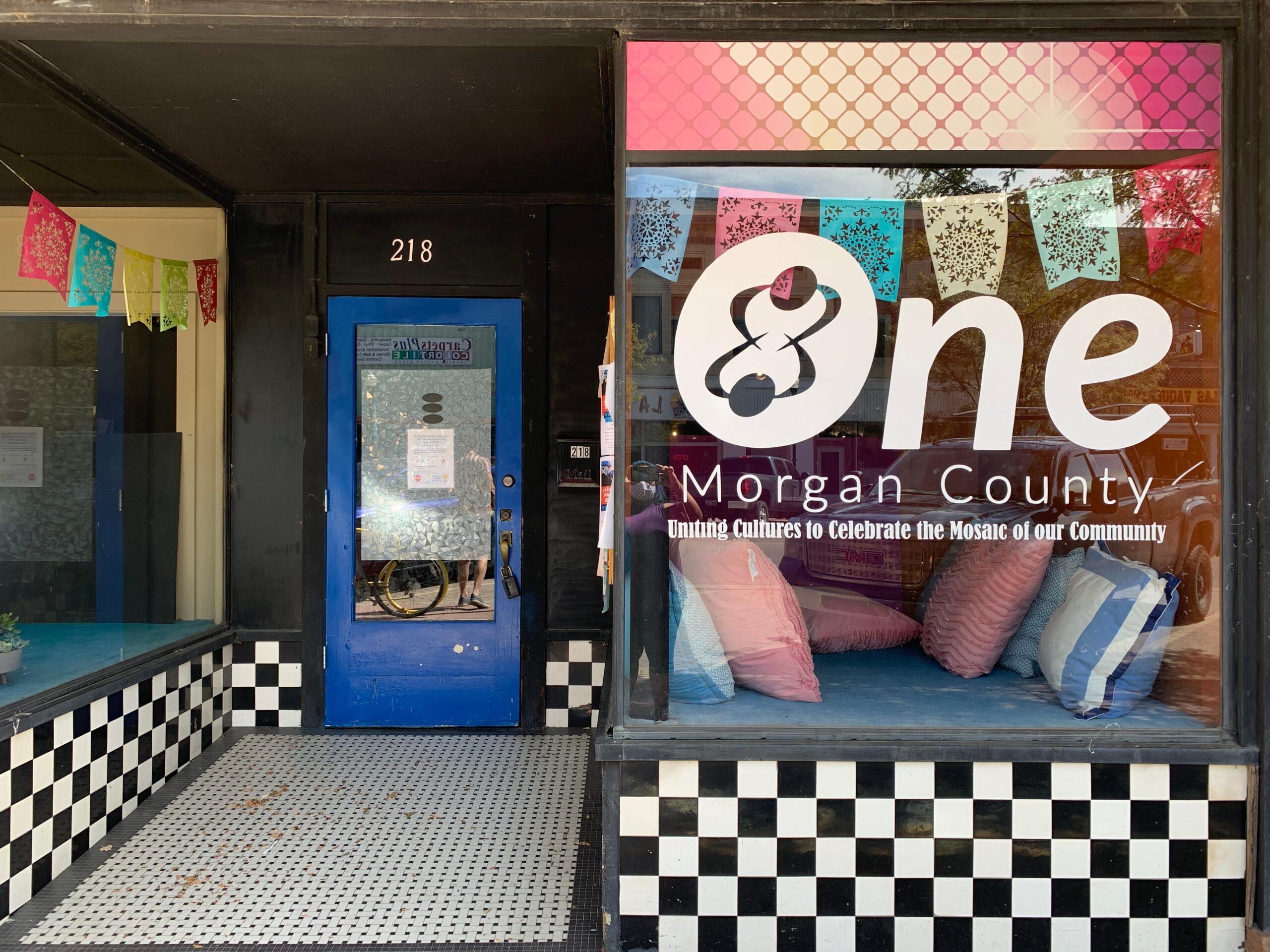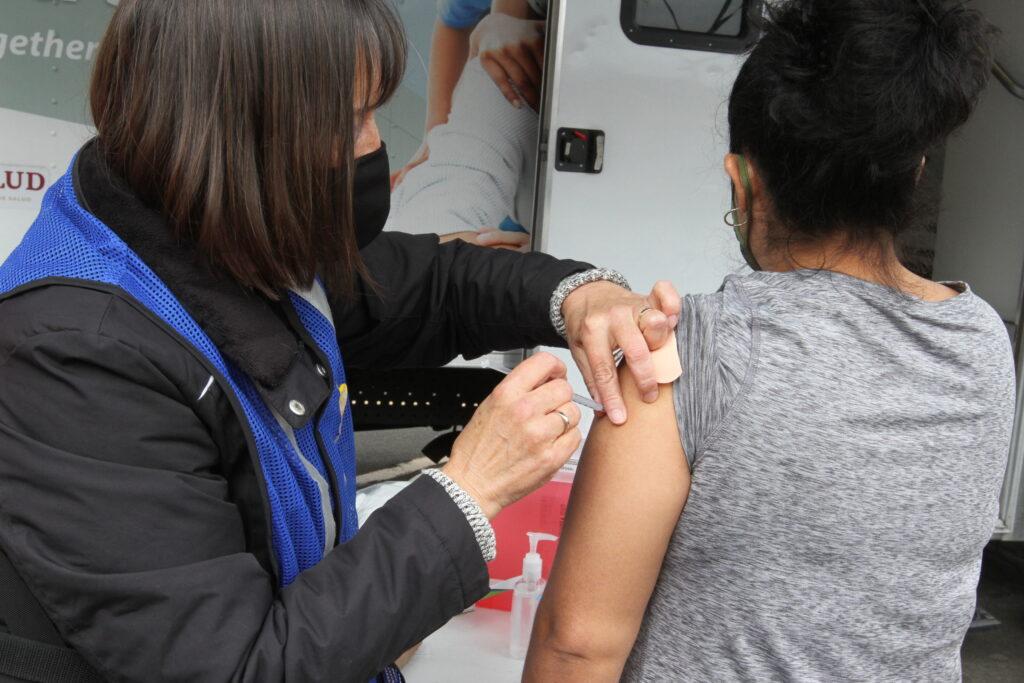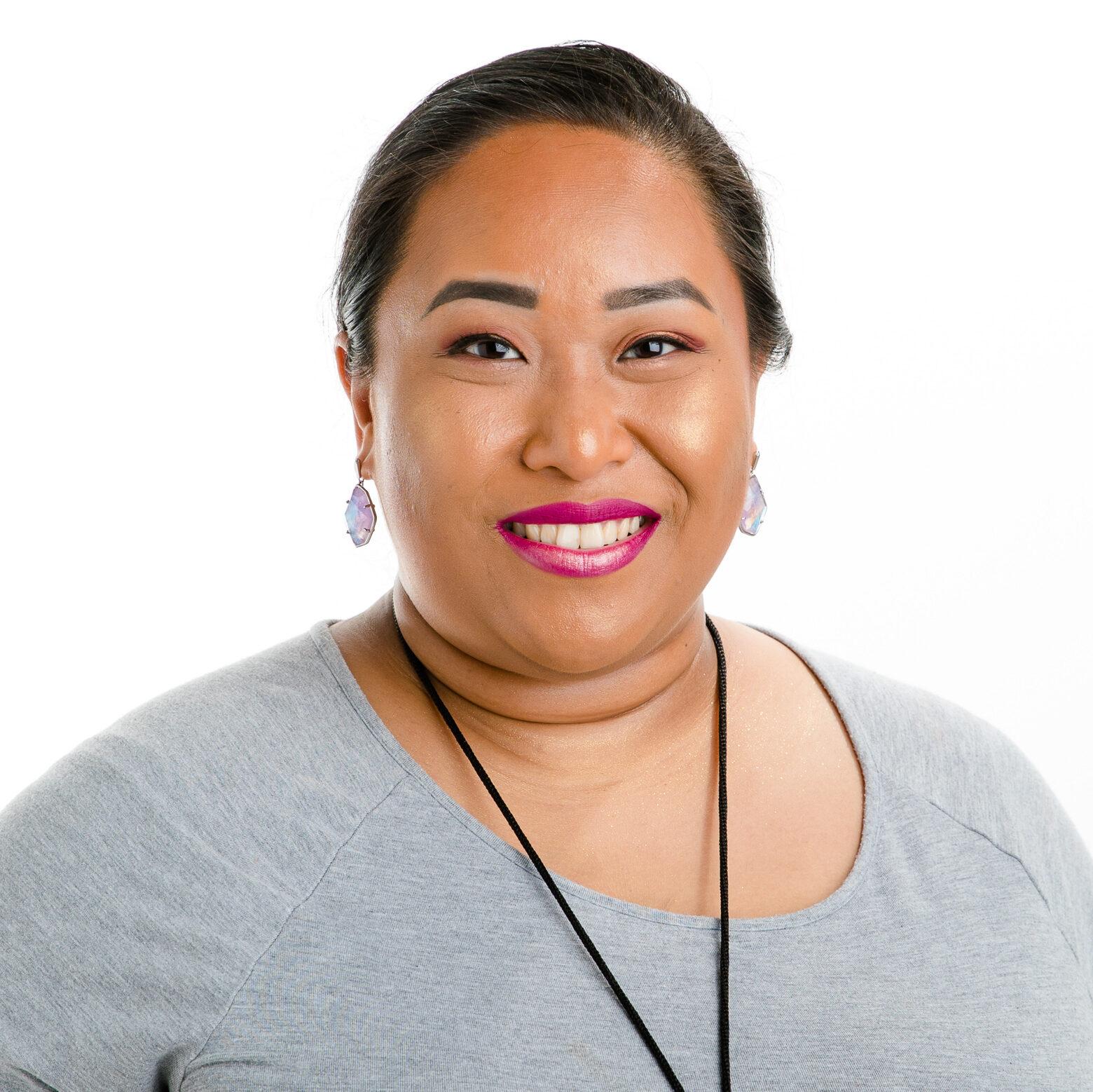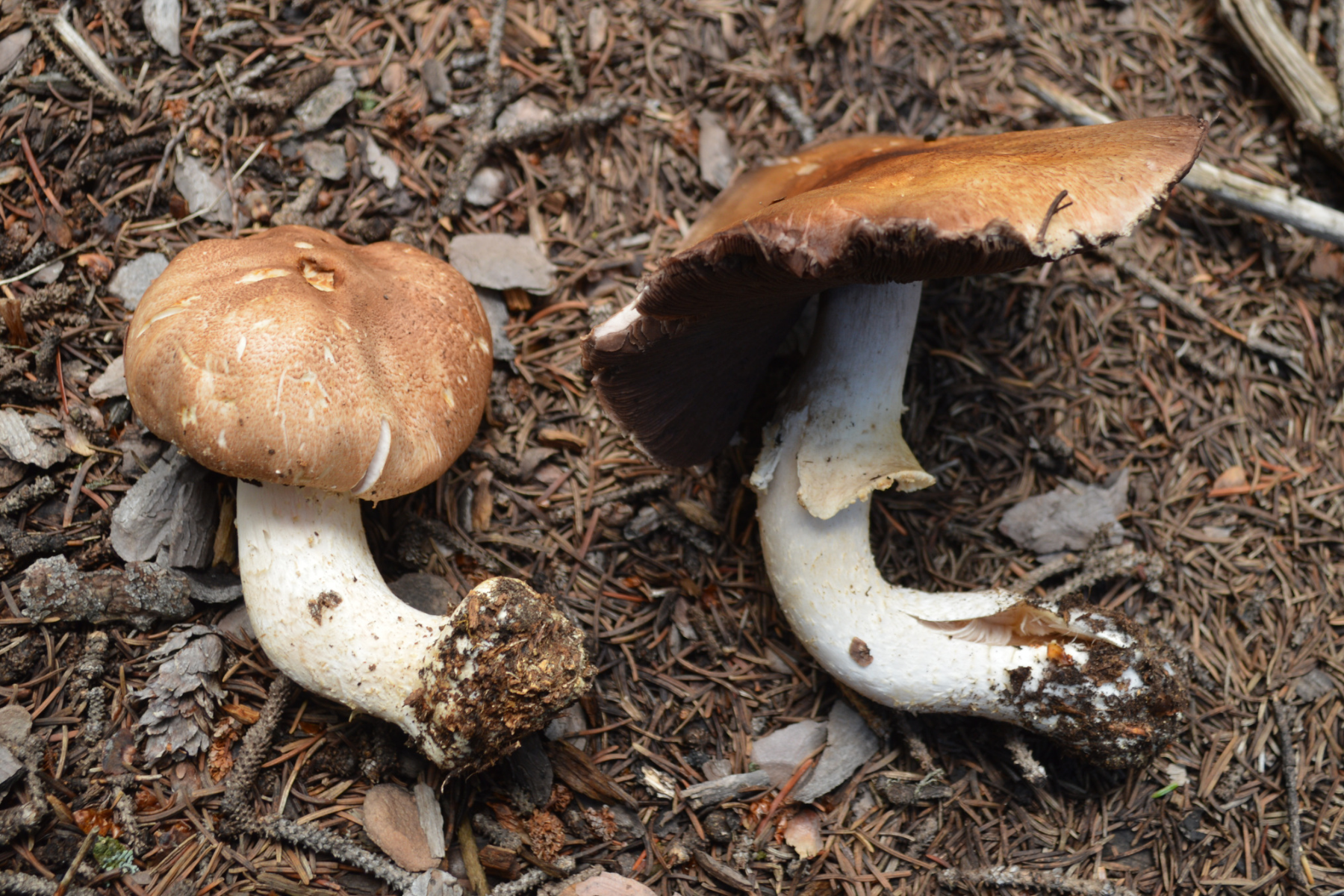
The office for One Morgan County sits on Main Street in Fort Morgan. Inside, a gigantic world map takes up a large chunk of the wall.
“We really wanted a space in the community to live out our mission,” said Susana Guardado, executive director for One Morgan County. “We put up the map … it’s really asking, where are you from? Where’s your family from? Where were you born? Anything like that. And we’re really trying to make these connections.”
There are pins all over the place: Mexico, Somalia, Vietnam. It’s a physical representation of the diversity of the community One Morgan County serves.
One Morgan County was founded in 2005 as a way to serve the area’s large immigrant and refugee population -- many of whom are drawn to the area because of the job opportunities in agriculture, including the Cargill meatpacking plant. In a community of 12,000 people total, it represents one of the most diverse areas in the state.
To reach this population, One Morgan County has language services and outreach programs. These programs were especially critical during the height of the COVID-19 pandemic in 2020.
One Morgan County ran a rapid-response food delivery program for families in need. Guardado said a lot of families weren’t eligible for federal aid, like stimulus programs or small business loans. So when some businesses shut down, the people who worked there didn’t have access to health care and needed to be quarantined.
One Morgan County stepped in to fill the gap.
“This was supposed to be an eight-week project where we would personally deliver culturally relevant food items, anywhere from 40 to 60 pounds worth of food,” Guardado said.
The food deliveries included things like cilantro, eggs, tortillas, sabor de pollo and other items specific to people’s cultures. And while the program was supposed to last eight weeks, it went much longer.
The organization also wanted to help bridge the information gap for the immigrant community. One Morgan County filmed videos about the importance of safety precautions in multiple languages. The group also handed out fliers, made social media posts and used any tool they could to reach people.
“If they’re using Facebook, or if they’re getting mail, mainly their information from fliers, then we are trying to spread those out in areas that they visit most,” said Lilia Vieyra, the programs director for One Morgan County.
Focus on getting the community vaccinated
Since the end of last year, the bulk of the nonprofit's efforts have focused on getting the community vaccinated.
These efforts took many forms. Vieyra said the group held free vaccination clinics to ease access for people who had a hard time getting the dose. They’ve also been using influencers in the community — people like Rev. Erik Vigil, the pastor of St. Helena Catholic Church.
“We held two clinics at the Catholic church, knowing that we have a large Latino community here in town who attend Spanish mass,” Guardado said.
The group also found ways to make sure people were showing up for their second doses the COVID-19 vaccine by offering another clinic that did other health screenings, for cholesterol checks and diabetes testing. Guardado said accessory services like this promote overall health made a difference.

For Guardado, the most surprising part has been telling people how easy it is to get the vaccine.
“I'm still marveled at how many people haven't had access to the vaccine or know where they can get it,” she said. “Demystifying things — like it's free, you don't need to provide ID insurance, anything like that.”
The job is not yet done — there are still people who are hesitant. But experts have said the best way to combat hesitancy is to form strong bonds and foster communication.
Vieyra has taken that to heart.
“I do give my personal phone number,” she said. “I’m mainly the one bugging them, but they do show up.”








